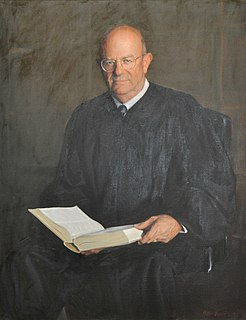A Quote by Mark Twain
Don't explain your author, read him right and he explains himself.
Related Quotes
People never explain to you exactly what they think and feel and how their thoughts and feelings work, do they? They don't have time. Or the right words. But that's what books do. It's as though your daily life is a film in the cinema. It can be fun, looking at those pictures. But if you want to know what lies behind the flat screen you have to read a book. That explains it all.
Reader's Bill of Rights 1. The right to not read 2. The right to skip pages 3. The right to not finish 4. The right to reread 5. The right to read anything 6. The right to escapism 7. The right to read anywhere 8. The right to browse 9. The right to read out loud 10. The right to not defend your tastes
Reading a book should be a conversation between you and the author. Presumably he knows more about the subject than you do; if not, you probably should not be bothering with his book. But understanding is a two-way operation; the learner has to question himself and question the teacher, once he understands what the teacher is saying. Marking a book is literally an expression of your differences or your agreements with the author. It is the highest respect you can pay him.
The voyage of the best ship is a zigzag line of a hundred tacks. See the line from a sufficient distance, and it straightens itself to the average tendency. Your genuine action will explain itself, and will explain your other genuine actions. Your conformity explains nothing. Act singly, and what you have already done singly will justify you now. Greatness appeals to the future.
God hath given to mankind a common library, His creatures; to every man a proper book, himself being an abridgment of all others. If thou read with understanding, it will make thee a great master of philosophy, and a true servant of the divine Author: if thou but barely read, it will make thee thine own wise man and the Author's fool.
He and I always think the same things are funny, and that is such a lot; it's dreadful when two people's senses of humour are antagonistic. I don't believe there's any bridging that gulf! And he is--Oh, well! He is just himself, and I miss him, and miss him, and miss him. The whole world seems empty and aching. I hate the moonlight because it's beautiful and he isn't here to see it with me. But maybe you've loved somebody, too, and you know? If you have, I don't need to explain; if you haven't, I can't explain.
There are three infallible ways of pleasing an author, and the three form a rising scale of compliment: 1, to tell him you have read one of his books; 2, to tell him you have read all of his books; 3, to ask him to let you read the manuscript of his forthcoming book. No. 1 admits you to his respect; No. 2 admits you to his admiration; No. 3 carries you clear into his heart.




































